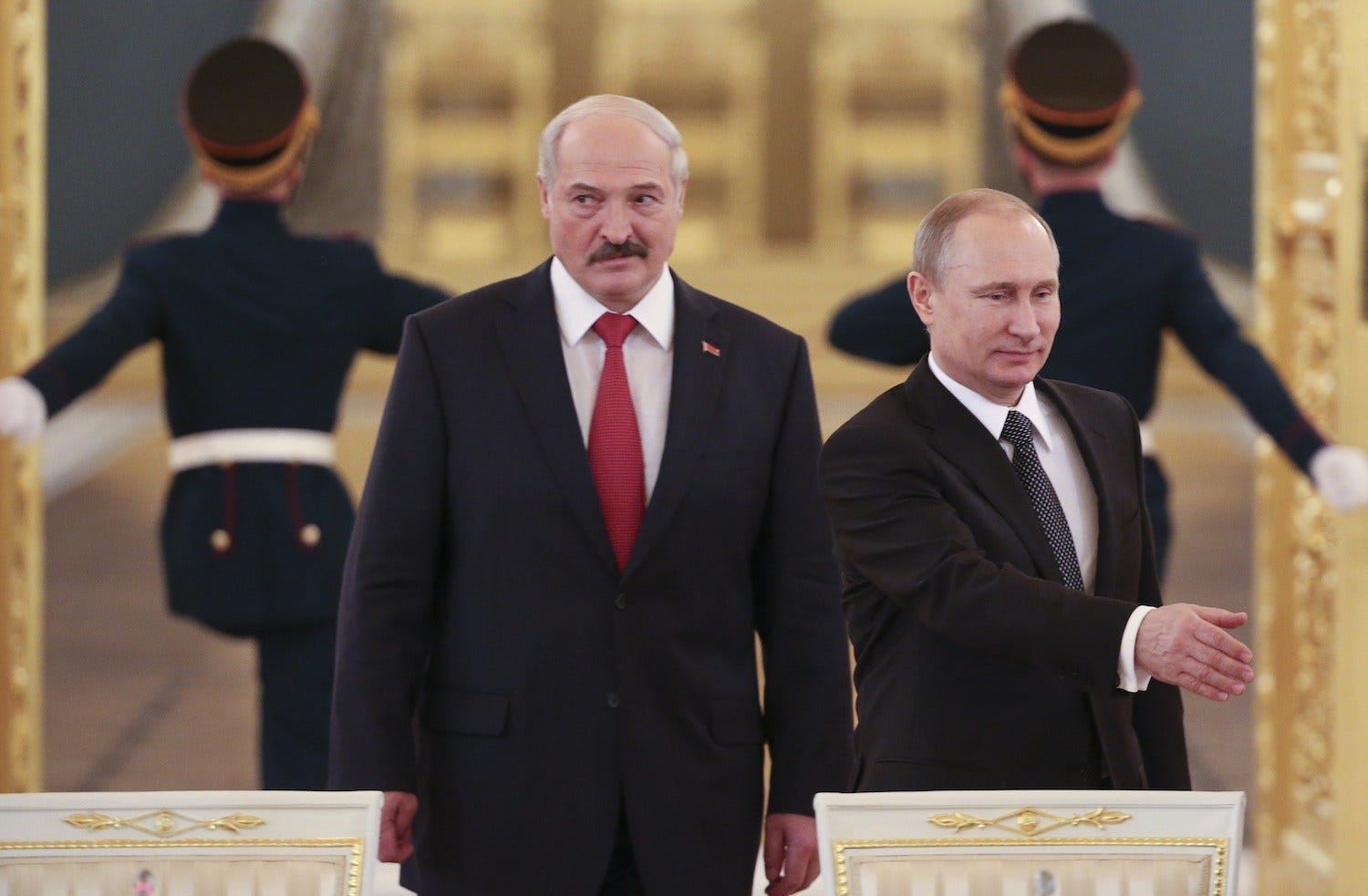Russian Foreign Affairs Minister Compares the Belarusian Opposition Strategy with that of the Venezuelan One


Orinoco Tribune – News and opinion pieces about Venezuela and beyond
From Venezuela and made by Venezuelan Chavistas

In a statement to the press, Foreign Minister of the Russian Federation Sergey Lavrov commented on the political events that have shaken Belarus in recent weeks.
Although the color revolution launched by pro-Western politicians and organizations to overthrow President Alexander Lukashenko shows signs of exhaustion, Russia is still concerned about the local situation of its historic ally, since Belarus holds a privileged geopolitical position that NATO and the US try to conquer, based on their strategic project of encircling the Eurasian power.
In statements collected by RIA Novosti and reviewed by the Vzglyad newspaper, Lavrov referred to Svetlana Tikhanovskaya, a Belarusian political leader who has become the visible and mobilizing face of the color revolution against the Lukashenko government and who was defeated in the presidential elections held a couple of weeks ago.
Lavrov claimed that
“Apparently, she (Tikhanovskaya) was not allowed to calm down, and she began to make tough political statements, demanding that the protest actions continue. And it is characteristic that more and more she makes her statements not in Russian, nor in Belarusian, but in English”.
For Lavrov this indicates that the true addressee of Tikhanovskaya’s speech is in the “Western direction.”
The Russian foreign minister argues that the protests have been stimulated from outside.
“Some Belarusian opposition who live in the West and from there are trying to influence what is happening in their country, they really want it to be different, so that there is blood, to provoke the reaction of the Belarusian security agents, who now do not bother anybody and they do not interfere in peaceful demonstrations.”
The Belarusian opposition has demanded Lukashenko’s resignation and has recently toughened this demand as they seek to stimulate a higher level of violence in demonstrations.
The apocalyptic discursive tone and the combination of delegitimization tactics with the deployment of street violence adapts to the schemes used by anti-Chavismo in 2014 and 2017.
For this reason, Lavrov indicated that in the Belarusian opposition
“they propose negotiations with the current authorities with a single purpose: to discuss the conditions for the departure of the president of Belarus (…) is more or less the same as in Venezuela, when the legitimate president is declared an outcast.”
The similarity highlighted by Lavrov between both regime change operations, supported by the paradigm of the soft coup or color revolution, shows that this US strategy has been losing effectiveness due to its excessive use and is easily identifiable by the attacked states.
Finally, Lavrov was positive with the relative normalization of the political situation and stressed that the proposal for a constitutional reform by Lukashenko is a valid channel for dialogue.

As in Venezuela, Russian diplomacy has raised its stakes for a political solution agreed upon by national actors, strongly questioning the external interference of Western actors that have stimulated confrontation and hindered viable negotiation processes.
And the consequences of how the planned implosion of dialogue ends are widely known.
Featured image: Sergey Lavrov, Chancellor of the Russian Federation. Photo: Maxim Blinov / Sputnik
Translation: OT/JRE/EF